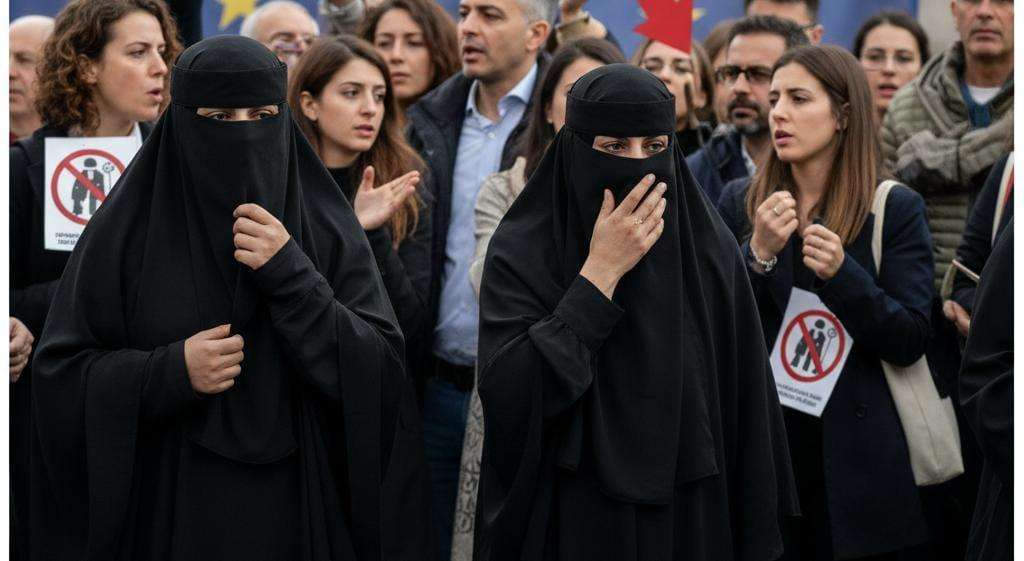The campaign for a national NHS prostate cancer screening programme gains momentum, with an undeniable mandate from the public: eight in ten men (80%) across the UK report they would attend a check-up if invited, according to a major Healthwatch England survey. This demand puts pressure on the UK National Screening Committee (UK NSC) ahead of its critical decision on a nationwide programme, Daily Dazzling Dawn understands.
However, the headline figures on prostate screening mask a deeper, more complex, and life-threatening crisis unfolding within Britain’s diverse ethnic landscape, most acutely for the British Bangladeshi community. While the focus on prostate cancer is vital—especially for Black men who have a lifetime risk that is twice as high as their White counterparts (1 in 4 vs. 1 in 8)—the health profile of the Bangladeshi community demands a separate, urgent, and tailored NHS strategy.
The Double Emergency: High Risk Meets Low Uptake
The British Bangladeshi community faces a unique dual challenge: significantly high rates of specific cancers combined with catastrophically low engagement in existing national screening programmes.
1. The Alarming Lung Cancer Disparity
Updated University of Oxford research, analyzing over 17.5 million health records, highlights a stark, deprivation-driven crisis:
Highest Incidence: British Bangladeshi men have been found to have the highest rates of lung cancer in England. This surpasses all other ethnic groups, including White and Chinese men.
The Deprivation Link: This extreme risk is powerfully correlated with socioeconomic deprivation. Men residing in the most deprived areas, where a significant portion of the community lives, face an incidence rate of 215 cases per 100,000 people. This rate is more than double the 94 cases per 100,000 found in the most affluent regions, underscoring that environmental and social factors are profound drivers of the community's cancer burden.
Other Risks: Historically, this community also experiences an excess of deaths from specific cancers such as liver and gallbladder cancer, indicating a distinct and varied cancer profile that goes beyond the common-sense focus of national campaigns.
2. The Screening Catastrophe for Women
The failure to engage with national screening programmes is particularly acute for British Bangladeshi women, jeopardising early detection across the board.
Cervical Screening: Studies show that Bangladeshi women have the highest rate of non-attendance for cancer screening among all minority ethnic groups, with 70.6% not attending. Crucially, they were found to be nearly nine times more likely to skip life-saving cervical cancer screening compared to White women.
Breast and Bowel Screening: The disparity extends to other life-saving checks. Uptake for breast cancer screening among Bangladeshi women is significantly lower (37% compared to 60% in the White population). Furthermore, Bangladeshi men were 23% less likely to participate in bowel cancer screening than White Scottish men.
The Barrier: Culture, Language, and Trust
These statistics point not to individual choice, but to systemic and profound barriers within the health system. The factors driving this low uptake often include issues of:
Cultural Sensitivity: Concerns around seeing a male doctor or nurse for sensitive procedures.
Awareness and Language: Lack of awareness about the purpose of screening and language barriers that prevent clear communication of risk and necessity.
Beliefs: Misperceptions such as believing they are not at risk if no symptoms are present.
The Call for an Equitable, Targeted Strategy
The current 'one-size-fits-all' model is clearly failing the British Bangladeshi community on two fronts: it is missing the high-risk groups for lung and other cancers and failing to break down the cultural and systemic barriers to screening access.
The NHS's future cancer strategy must adopt a dual, targeted approach:
For High-Risk Prostate Cancer: Implement a proactive, national screening programme for high-risk men, starting with Black men from age 45. The current "informed choice" system is failing, as highlighted by reports of 7% of men aged 50 and over being refused access to a PSA test by their GP.
For British Bangladeshi Communities: Immediately implement a culturally-competent strategy. This requires moving beyond general health campaigns to community-led education delivered through trusted institutions, such as mosques and community centres, to address the specific language and cultural barriers that contribute to non-attendance for high-risk and screening-preventable cancers.
The public is ready to be screened; the data on ethnic disparities proves the NHS must now deliver an equitable and targeted solution that truly reflects the diverse, and in this case, emergency cancer burden across the UK.

_5.jpg)





_6.jpg)
.svg)

